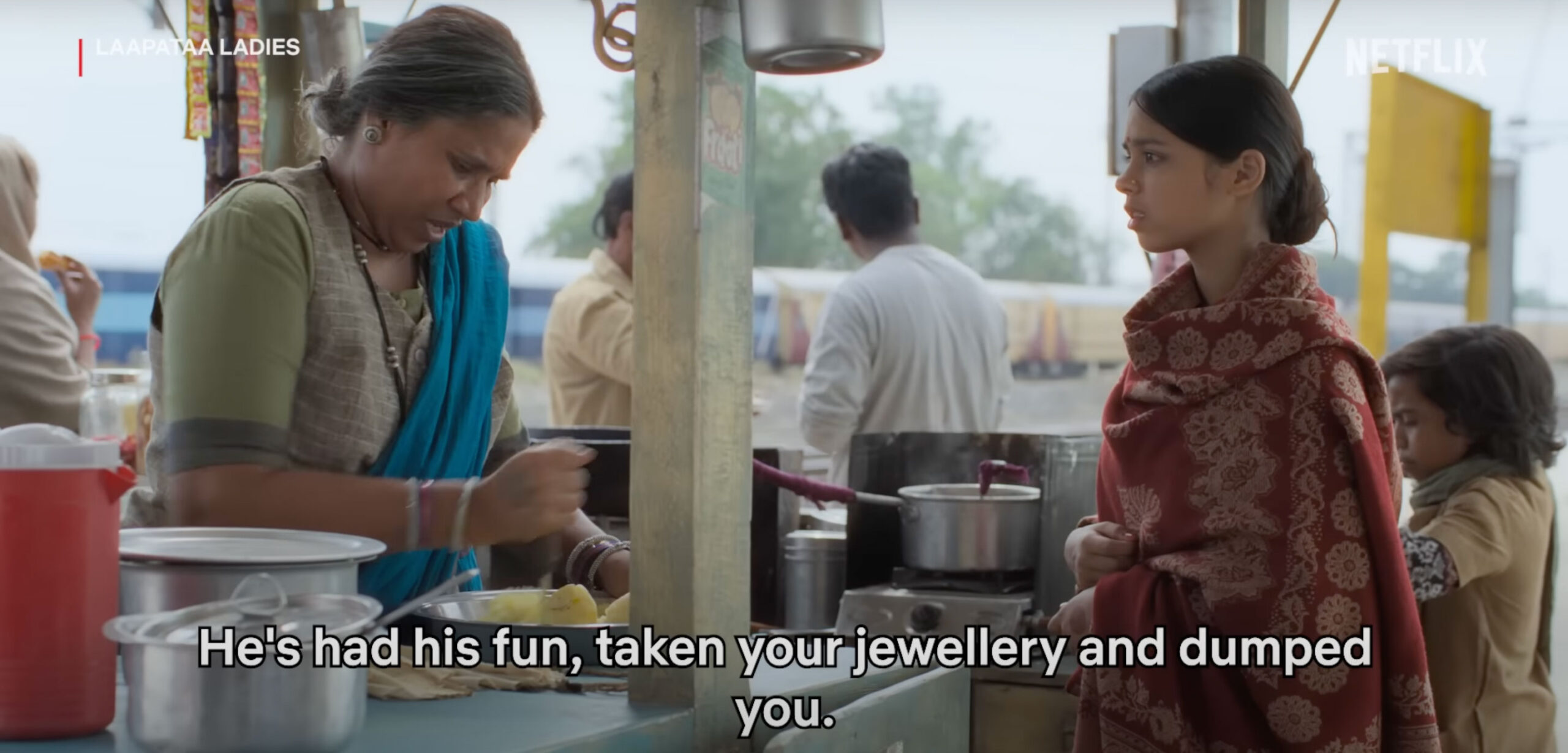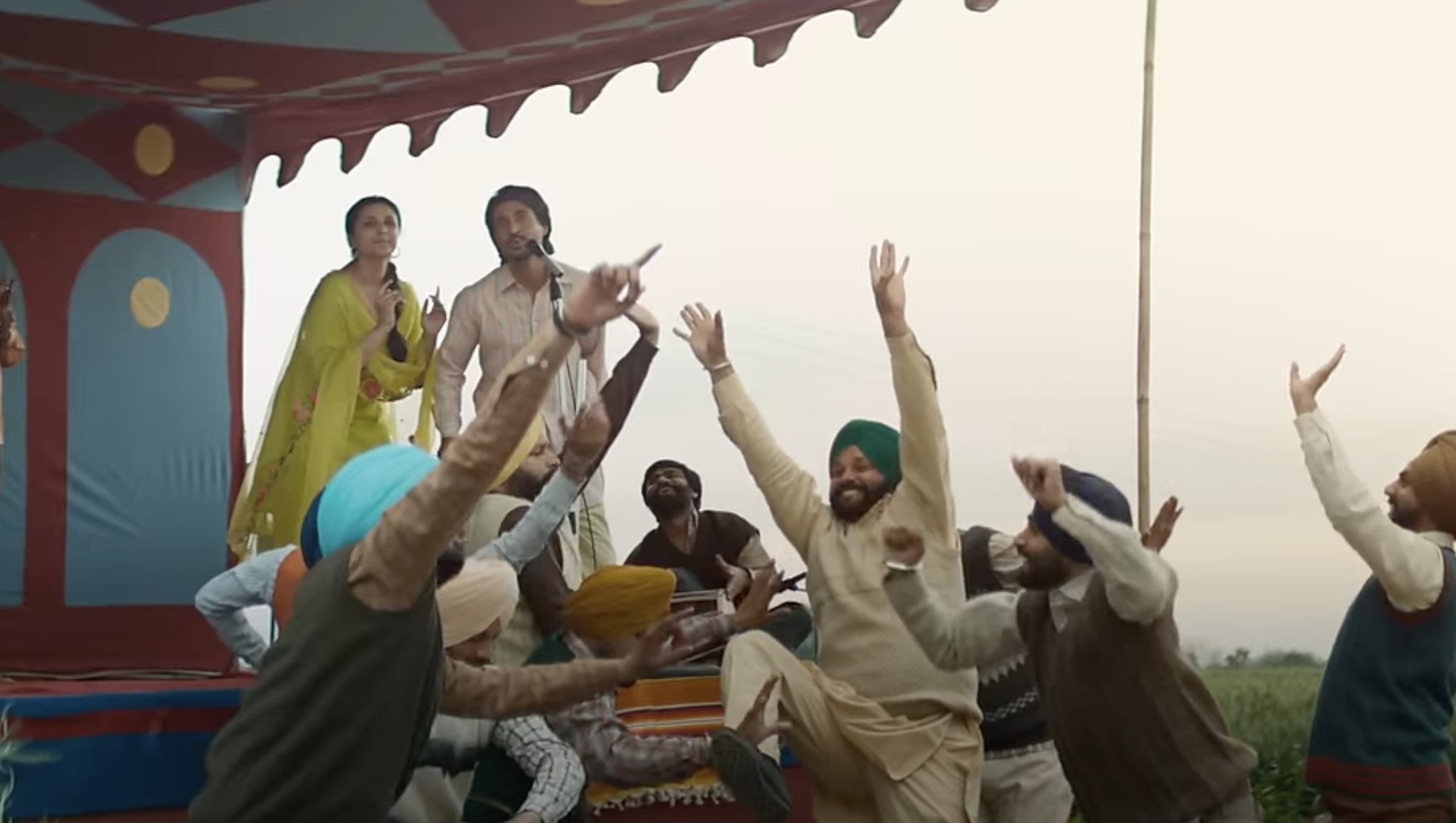On 7 February 2020, a Supreme Court Bench comprising Justices L. Nageswara Rao and Hemant Gupta ruled on a special leave petition of the Uttarakhand government that challenged the high court’s verdict in a case filed by some of its Scheduled Caste employees against it. The then Congress state government had decided on 5 September 2012 that Scheduled Caste and Scheduled Tribe candidates for posts in public services of the state would no longer be granted reservation. The Scheduled Caste employees approached the High Court, which struck down the directive of the state government. When the then Bharatiya Janata Party (BJP) state government sought a review of the judgment, the High Court backtracked saying that while the state government is not obligated to provide reservation to Scheduled Castes and Scheduled Tribes in promotion, it is obligated to collect data to ascertain inadequacy of representation of Scheduled Castes and Scheduled Tribes in the public services of the state to decide whether reservation is needed. The High Court gave the state government four months to collect the data. That is when the state government moved the Supreme Court, arguing that there is no fundamental right to claim reservation in appointments or promotions to public posts; that there is no constitutional duty on the part of the State Government to provide reservations; and that Article 16 (4) and 16 (4-A) are merely enabling provisions.
Related Articles
Gramsci and Ambedkar’s insights into resisting fascism in the long term
Dr B.R. Ambedkar fits Gramsci’s definition of an organic intellectual. He challenged brahmanical hegemony systematically and structurally and urged the subaltern to be educated...
Battle for ‘masawat’ in the age of majoritarianism
Considering the plight of Muslims in India in his new book, Mujibur Rehman identifies with Ambedkar’s pain when he said, “Gandhiji, I have no...
‘Laapataa Ladies’: A meaningful engagement with the aspirations of rural Indian women
The film serves as a springboard for further exploration, inviting viewers to delve deeper into the complexities of gender relations and advocate for a...
‘Amar Singh Chamkila’ ain’t the whole story
The fear of making the audience uncomfortable could be the reason the filmmaker has avoided engaging with the larger social and political question of...
‘Amar Singh Chamkila’ review: Caste is the elephant in the room
Despite Chamkila’s commentary on caste and class inequalities, director Imtiaz Ali appears to have opted to focus primarily on the familial dynamics and the...





